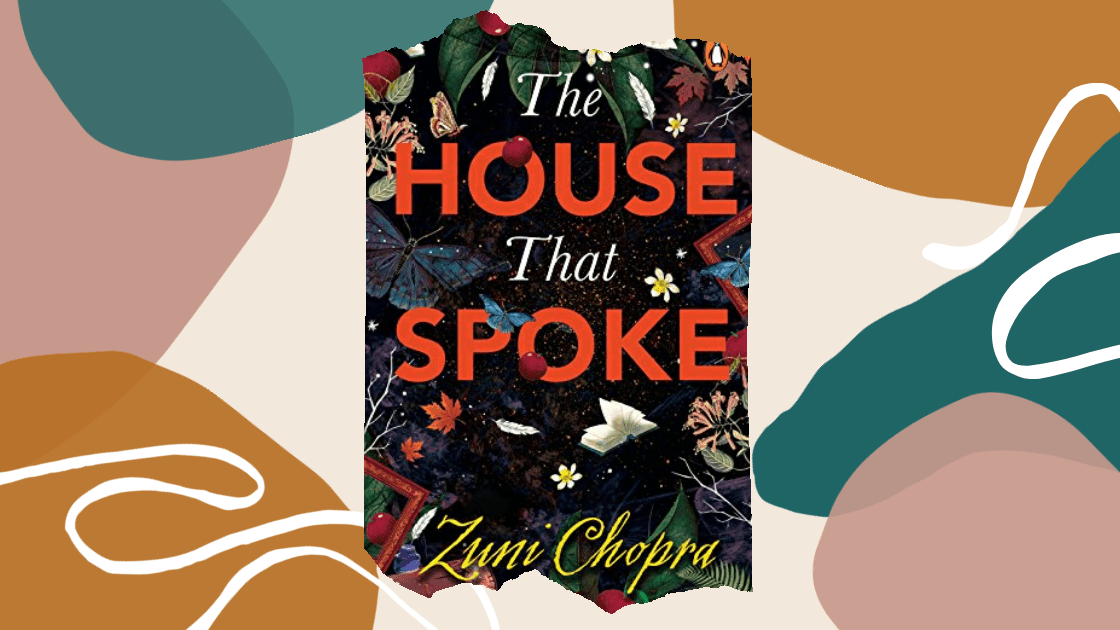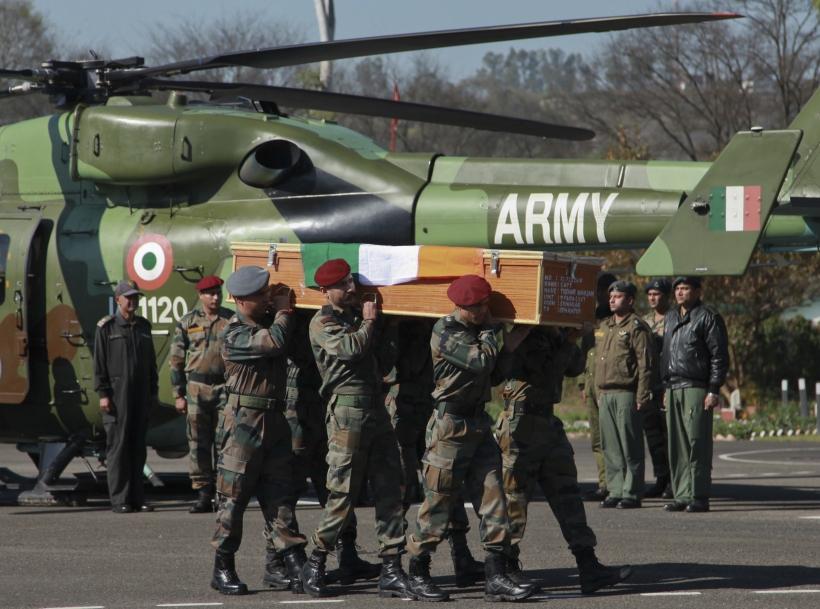Imagine living in a house as old as time, with a living and breathing library at your disposal, an ornate fireplace, and an armchair to sit back for hours and read. No, I am not talking about the library from Beauty and the Beast. But yes, this could easily be a dream for all book lovers, especially when cooped up indoors during the pandemic. Who would not want a beautiful house where you could while away hours on an end, as time passes slowly by?
Soon to turn 15, Zoon Razdan, luckily has exactly that in Zuni Chopra’s YA novel, The House That Spoke. She lives with her mother, Shanti, in Srinagar in their ancestral house. Her grandma lives close by, down the street. Zoon loves her home. Her favourite place in the house is the library where she loves spending her mornings and having some noon chai. Thus, when one day Zoon finds a realtor, Mr. Qureishi in her house, all hell breaks loose and strains her relationship with her mother. Zoon then embarks on an adventure to stop her mother from selling the house. To help out, she has a bunch of curious and unlikely friends along with her shy and newly found friend, Altaf. Altaf is Shanti’s friend, Lameeya’s son.
The House That Spoke is suffused with a fairy tale atmosphere that is a cross between Beauty and the Beast and the Chronicles of Narnia because her own historic house is a portal to both adventure and danger. Despite this magical element, Zoon’s adventures and life are tangled with the dangers that anyone living in Srinagar might face from acts of terrorism to government and army excesses. Chopra portrays the ‘normal’ in Kashmir through Zoon’s eyes: from stray shooting to a bomb blast. The fact that even a 15 year old knows how to navigate through this terror and thinks of it every time she crosses the street to see her grandma, her tathi, manifests the way in which the state has been paralysed with violence and how successive governments have failed it. Hence, the magic evoked in The House That Spoke is fraught with the realities of everyday life, of the darkness that engulfs the state and how Zoon, in trying to save her house, must also save her home from this inexplicable darkness.
This makes The House That Spoke different from your usual YA fantasy novel. It is one that allows teenagers to not just read a fast paced, fun adventure tale but also learn about the different facets of Kashmir: from its syncretic culture to its beauty of passing seasons. The fact that a 15 year old girl is the protagonist makes the story even more delightful. For a change, it is not a male protagonist venturing out to save the world.
Zuni Chopra’s prose is rich and evocative, perfectly mirroring Zoon’s opulent house and her surreal natural surroundings. Each sentence is laden with beautiful and layered descriptions that bring Zoon’s house and Kashmir alive in the minds of the readers. Zuni’s writing makes the novel superbly visual and lets our imagination paint vivid pictures from her words.
The House That Spoke is a great novel to get the kids to read after the usual TV and internet simulations reach a saturation point. The novel can also pave the way to start conversations with youngsters about Kashmir and its condition, particularly given that it is always in the news. Also, you get to support some homegrown YA genre novels that are only now getting the praise and support they need. Cheers to that, always!
You can buy this book here.







